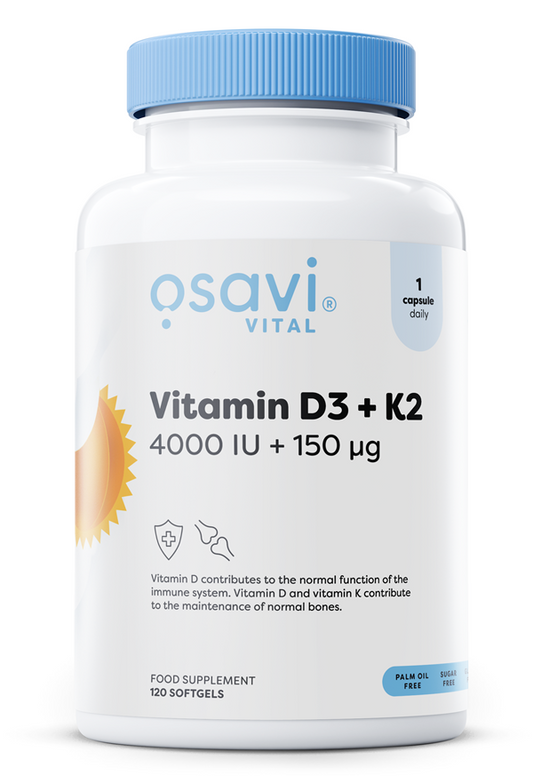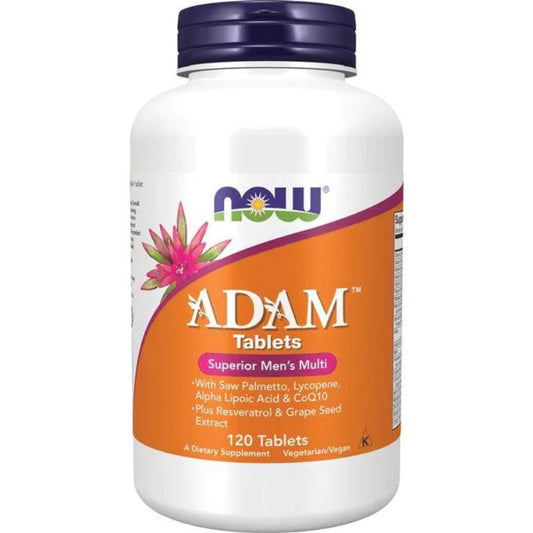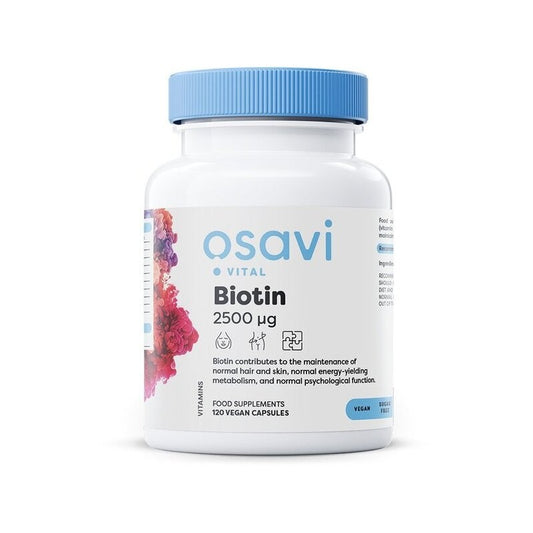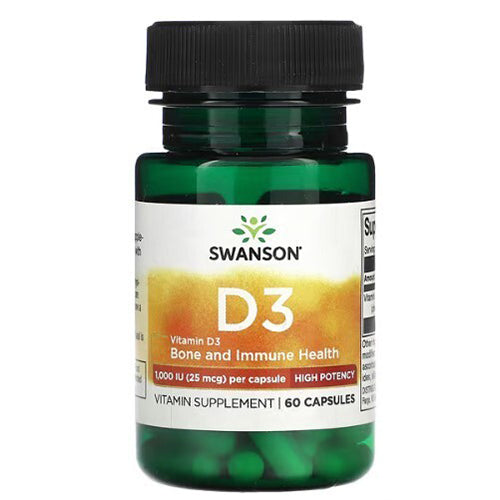
Vitamin B11 (Benzoin): The Overlooked Nutrient for Metabolism and Skin Health
Jakub SkibaWhen we think of B-vitamins, we often associate them with energy and metabolism. However, one lesser-known member of the group — Vitamin B11 (Benzoin) — plays a quiet yet important role in maintaining overall wellness. Though not as widely recognized as other B-vitamins like B6 or B12, B11 contributes to cellular metabolism, skin health, and immune balance.
In this article, we’ll explore what Vitamin B11 is, how it functions in the body, why it’s important, potential signs of low intake, and the best natural sources to include in your diet.
What Exactly Is Vitamin B11 (Benzoin)?
Vitamin B11, also called Benzoin, is a water-soluble compound sometimes grouped within the B-complex family due to its metabolic and immune-supportive properties. While it is not officially classified as an essential vitamin, it contributes to cell growth, repair, and enzymatic activity.
B11’s primary role is to assist in cell renewal and energy metabolism. It is involved in the body’s ability to process carbohydrates, fats, and amino acids — the building blocks of energy and cellular structure.
What Makes Vitamin B11 Unique?
Unlike other well-known B-vitamins, Benzoin has limited scientific recognition but is still regarded for its antioxidant and metabolic benefits. It helps protect cells from oxidative stress, supports detoxification pathways, and contributes to maintaining the body’s natural defense systems.
As a cofactor in various enzymatic reactions, Vitamin B11 plays a role in nutrient utilization and cellular maintenance, helping the body sustain vitality and balance.
How Vitamin B11 (Benzoin) Works in the Body
Supports Immune Balance
Vitamin B11 is thought to assist the immune system by promoting efficient cellular metabolism and helping neutralize oxidative stress. Its antioxidant activity contributes to maintaining overall cell function and resilience.
Promotes Skin Vitality
Benzoin’s antioxidant benefits extend to the skin, supporting its natural renewal processes. By helping protect against everyday environmental stressors such as pollution or UV exposure, it contributes to a healthier, more balanced complexion.
Aids Metabolism and Detoxification
Like other B-vitamins, B11 participates in the metabolism of fats, carbohydrates, and proteins — helping convert nutrients into usable energy. It may also assist in the breakdown of metabolic byproducts, supporting the body’s natural detoxification functions.
Signs of Low Vitamin B11 Intake
Although Vitamin B11 deficiency is rare, an imbalanced diet may lead to suboptimal levels, which can influence energy, skin, and immune balance.
Possible Signs of Low B11 Intake:
-
Low energy or fatigue
-
Dull or dry skin
-
Slow recovery from skin irritation
-
Occasional digestive discomfort
-
Reduced overall vitality
Maintaining a balanced diet rich in diverse nutrients generally ensures sufficient intake of Vitamin B11 and other related cofactors.
Natural Sources of Vitamin B11 (Benzoin)
Vitamin B11 can be found in both plant and animal-based foods. Including a variety of whole, minimally processed ingredients supports not only B11 levels but also overall metabolic health.
Foods Containing or Supporting Vitamin B11:
-
Whole grains such as brown rice and oats
-
Leafy greens like spinach, kale, and chard
-
Eggs
-
Fish including salmon and tuna
-
Nuts and seeds, particularly almonds and walnuts
-
Organ meats such as liver
A diet rich in antioxidants, healthy fats, and lean proteins naturally supports the body’s ability to use and recycle B-vitamins effectively.
How Much Vitamin B11 Do You Need Daily?
Currently, there is no established Recommended Daily Intake (RDI) for Vitamin B11, as it is not officially recognized as an essential dietary vitamin. However, including nutrient-dense foods and maintaining a well-balanced diet ensures your body receives all the building blocks it needs to perform efficiently.
Those with limited dietary variety, restrictive eating patterns, or specific health concerns can discuss nutritional supplementation with a qualified dietitian or nutrition professional.










